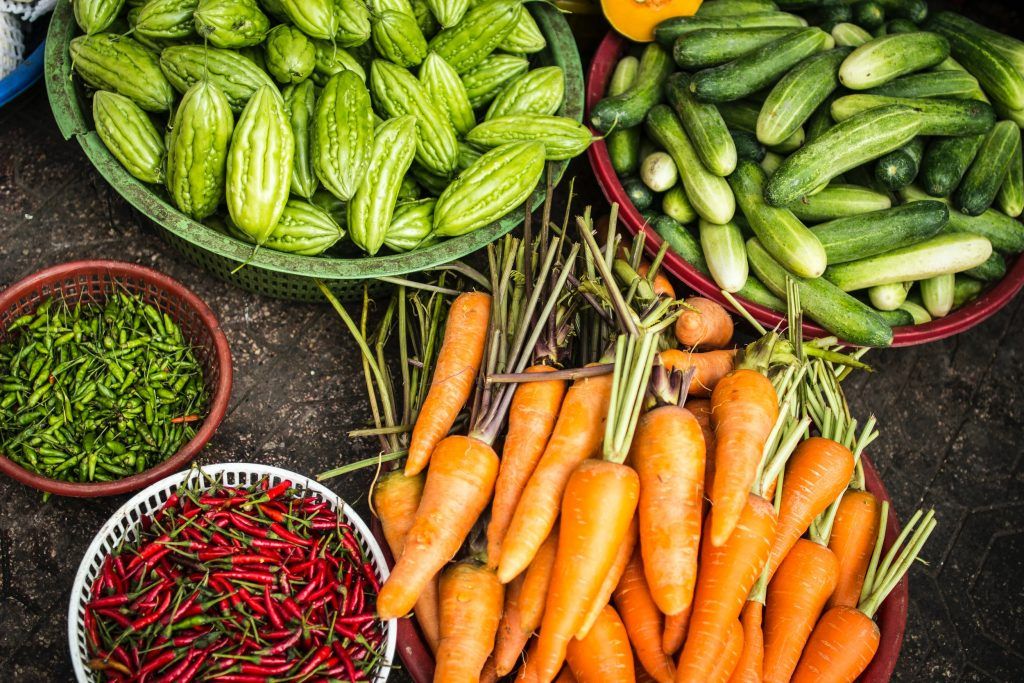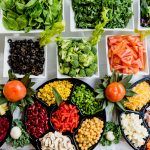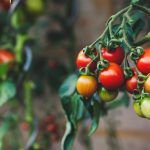Expected Outcome
In line with the European Green Deal priorities and the farm to fork strategy for a fair healthy and environmentally friendly food system, as well as with the EU’s Climate ambition for 2030 and 2050, the successful proposal will involve the mobilisation of society to transform food systems for co-benefits. This will lead to innovative governance models enabling sustainability and resilience, which achieve better-informed decision-making processes, societal engagement, and innovative solutions.
With the overarching aim to help transform food systems for co-benefits to nutrition and health, climate, environment, biodiversity, circularity and communities, the project will:
- Build on the Fit4Food2030[1] initiative to further the mobilisation of all relevant Food System public and private sector stakeholders, researchers, non-governmental organisations, educators, knowledge brokers, media and society, to work together via an interlinked structure at the level of cities, regions, and countries across Europe, and that supports mutual learning and good practices.
- A new and improved structured network of evidence-based policy labs throughout Europe so as to raise awareness, foster joint action, good practices and knowledge sharing amongst stakeholders relevant to food system policy developments and implementation at various levels: local, regional, national, EU and international level. Key to this will be the inclusion of decision and policy makers, scientists, and public authorities to ensure the sustainability and legitimacy of the governance process.
- Increased pan-European citizen engagement, social innovation and co-creation through local or regional living labs; promote food systems science education for children and youth while respecting national competence in the area of education and health, and measure the food systems transition progress in society.
Scope
Successful proposals are expected to:
- Establish a pan-European Food 2030 multi-actor and public engagement mechanism to raise food system awareness and foster more citizen (including youth) involvement and interest in science, research and innovation, necessary to foster support for a food system transformation that delivers co-benefits.
- Engage a network of science museums to co-create and deploy a Food 2030 “food systems lab” inspired by the Oceans Plastic Lab[2] to be deployed across Europe linking in particular to EU presidencies, important global meetings (e.g.: COP), and other relevant place-based initiatives (like I-Capital, Green Capital, etc.).
- Support emerging relevant citizen science projects at local level (neighbourhoods, towns and cities), conduct hackathons, hold science cafés, and set up a dedicated video channel to display food systems success stories, all with the aim of raising awareness of the need to transform food systems and to co-create citizen-inspired solutions.
- Develop and deploy innovative interactive food systems education material in support of both the informal and formal education of children and youth (including gender-specific messaging) across Europe while respecting national competence in the area of education and health, in cooperation with relevant European school networks, associations and local media outlets.
- Facilitate the cooperation of relevant EU Horizon Europe projects to arrive at a common language and explore/set common goals, discuss potential farm to fork strategy and Green Deal interventions, all with a view to strengthen co-ownership and cooperation, share and communicate knowledge, boost innovation and increase take-up of improved policy schemes among the food system actors, and society.
- Measurement of food systems transition progress by, for example, conducting surveys or employing sentiment analyses that demonstrates society’s level of interest and willingness to transform food systems for co-benefits and the perceive trade-offs.
- Explain and map how co-benefits will be achieved relevant to the four Food 2030 priorities[3]: nutrition for sustainable healthy diets, climate and environment, circularity and resource efficiency, innovation and empowerment of communities.
Involving a wide diversity of food system actors and conducting inter-disciplinary research is expected to implement the required multi actor approach (cf eligibility conditions).
Deadline
15 February 2022







Leave a Reply